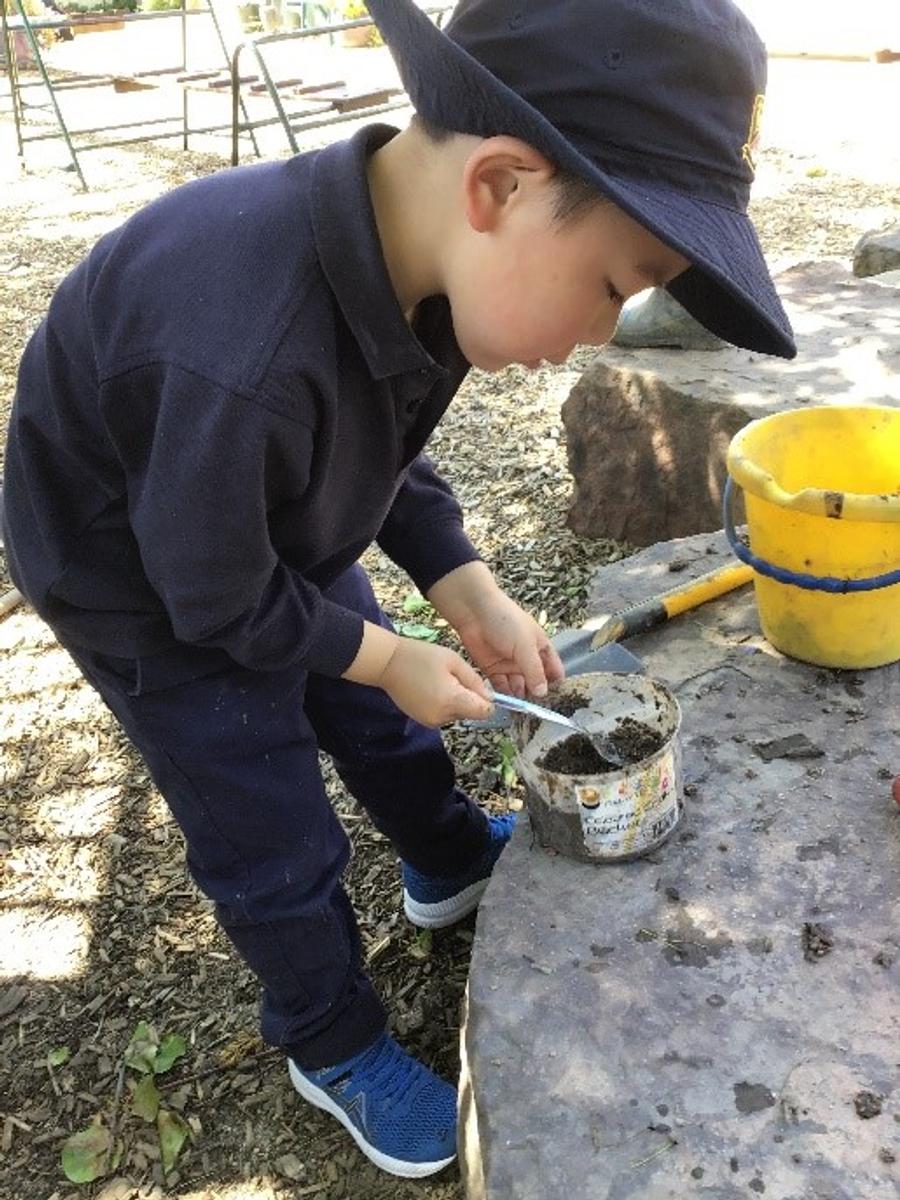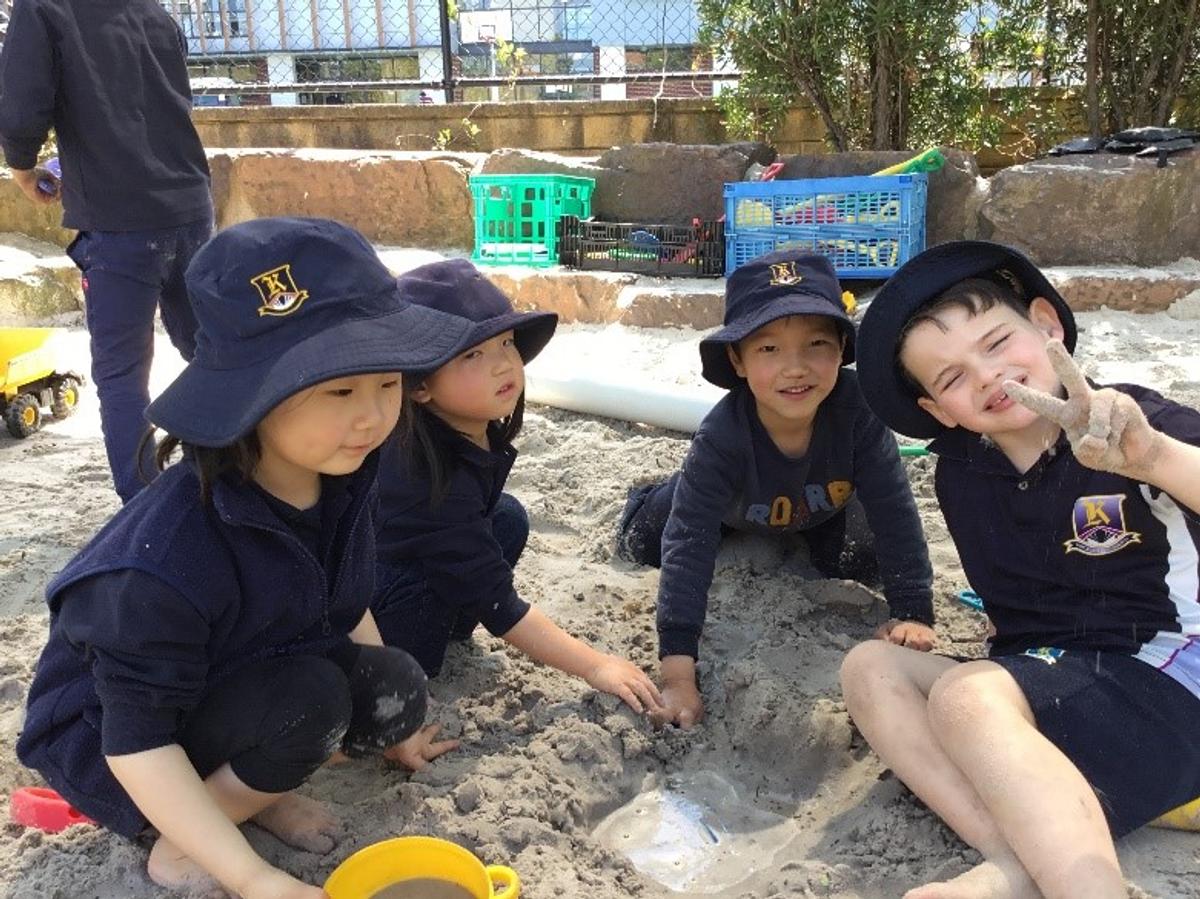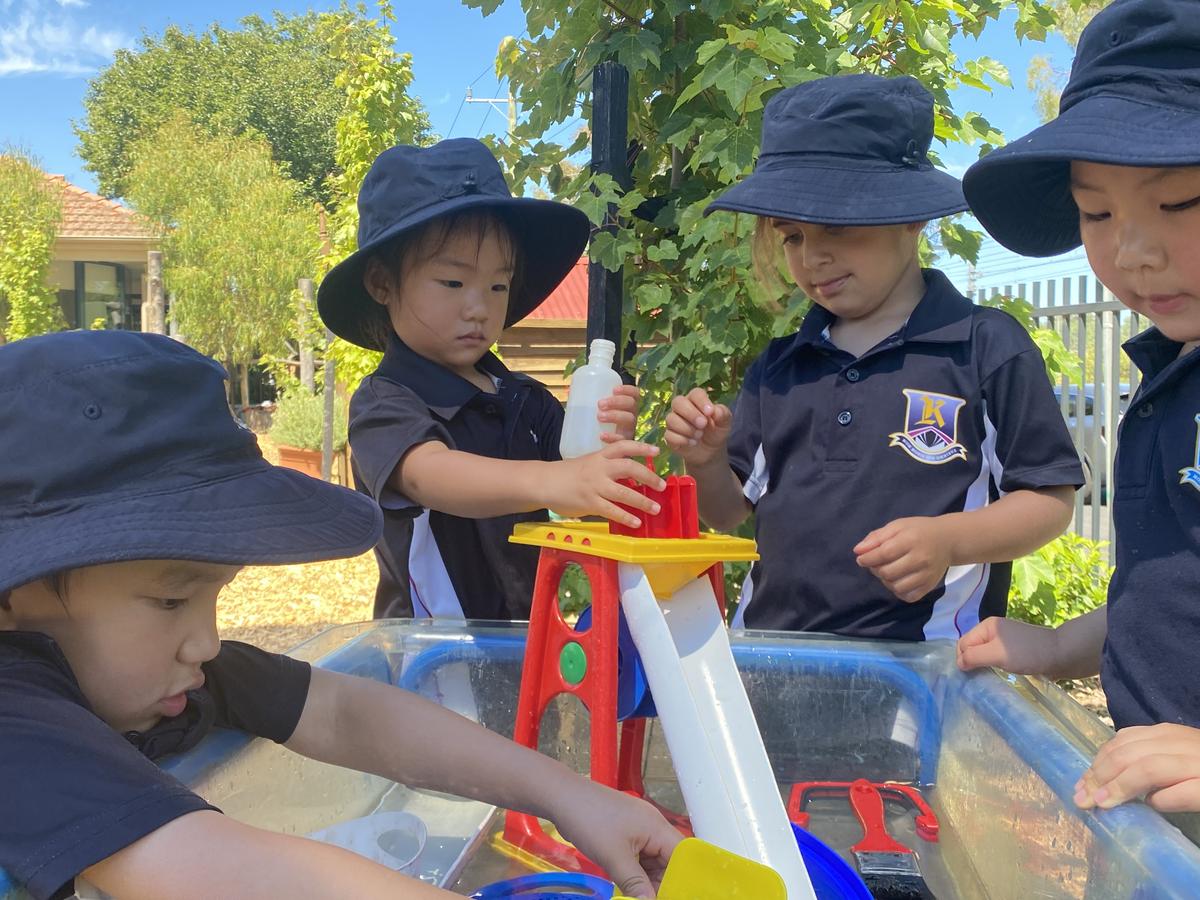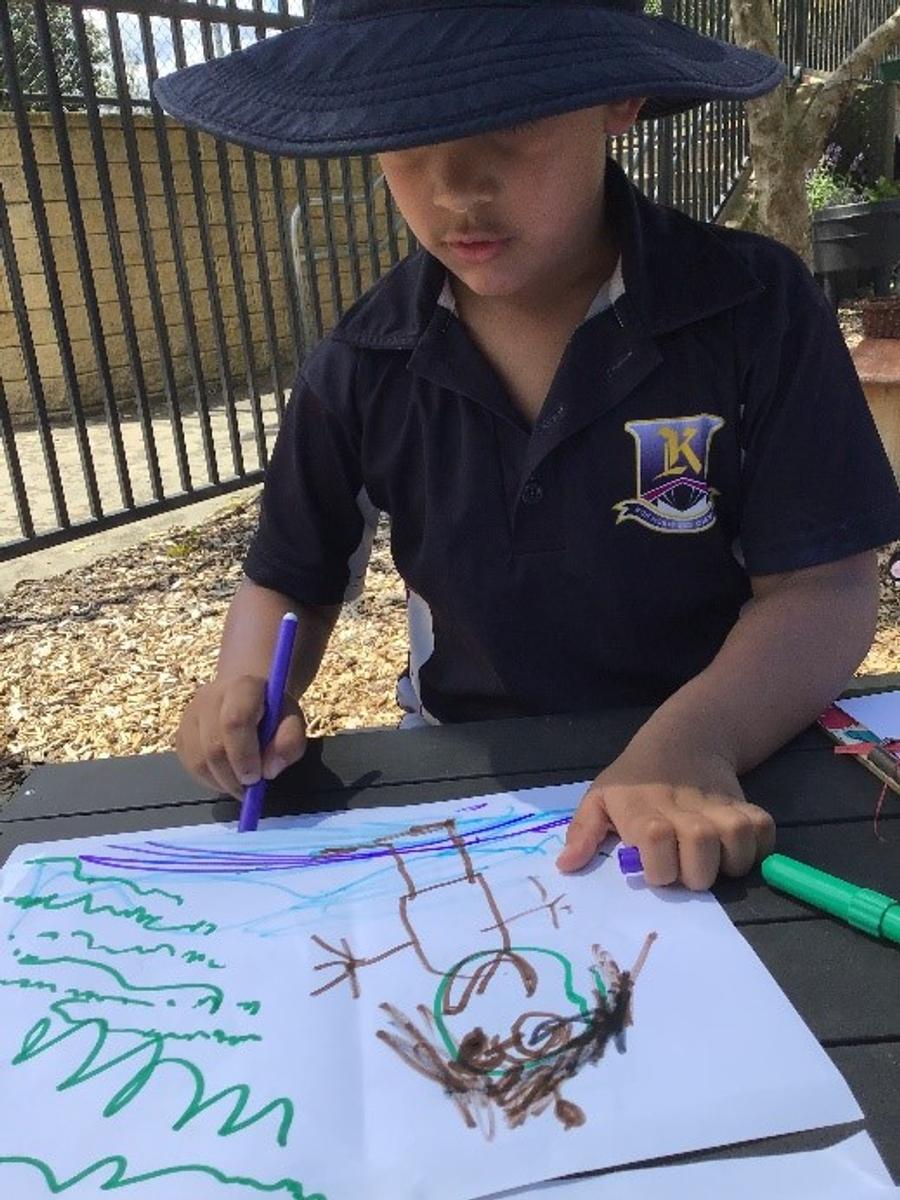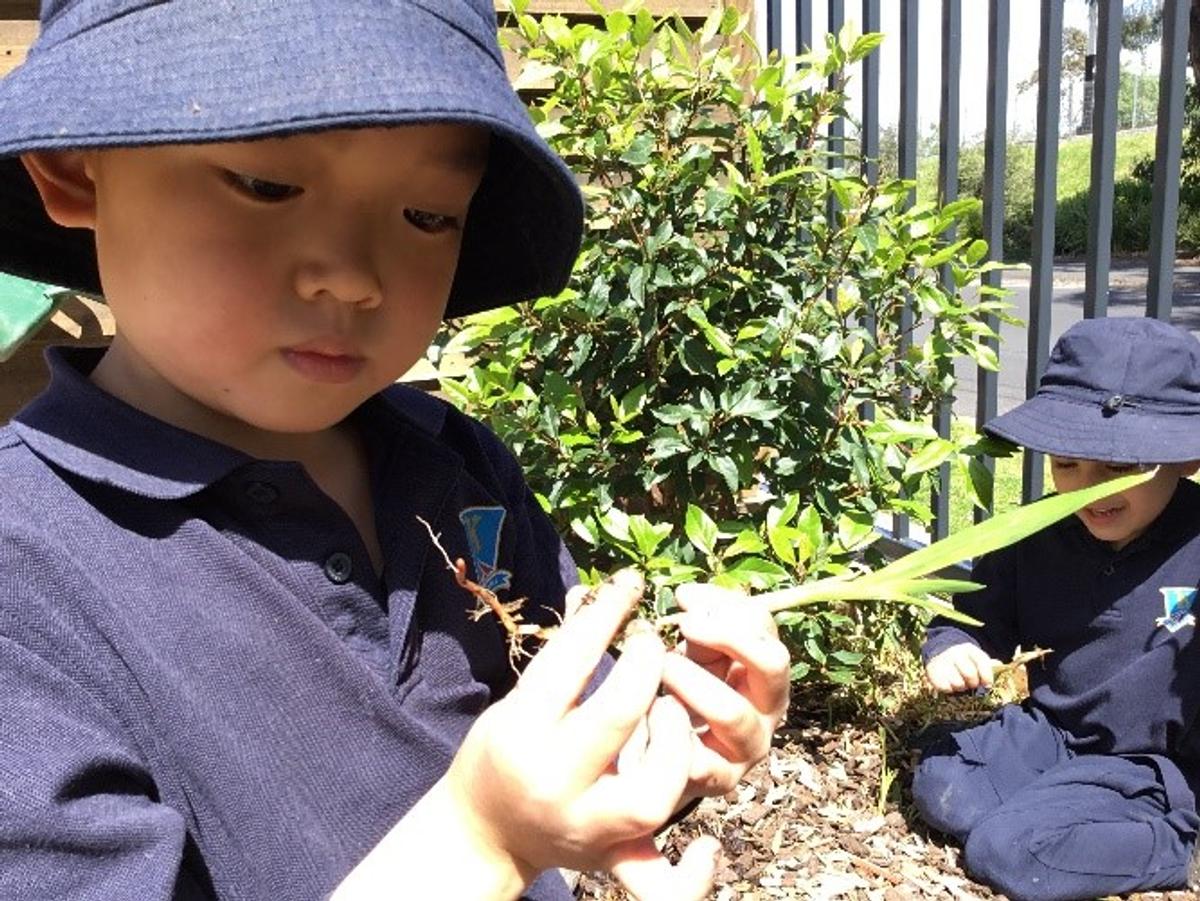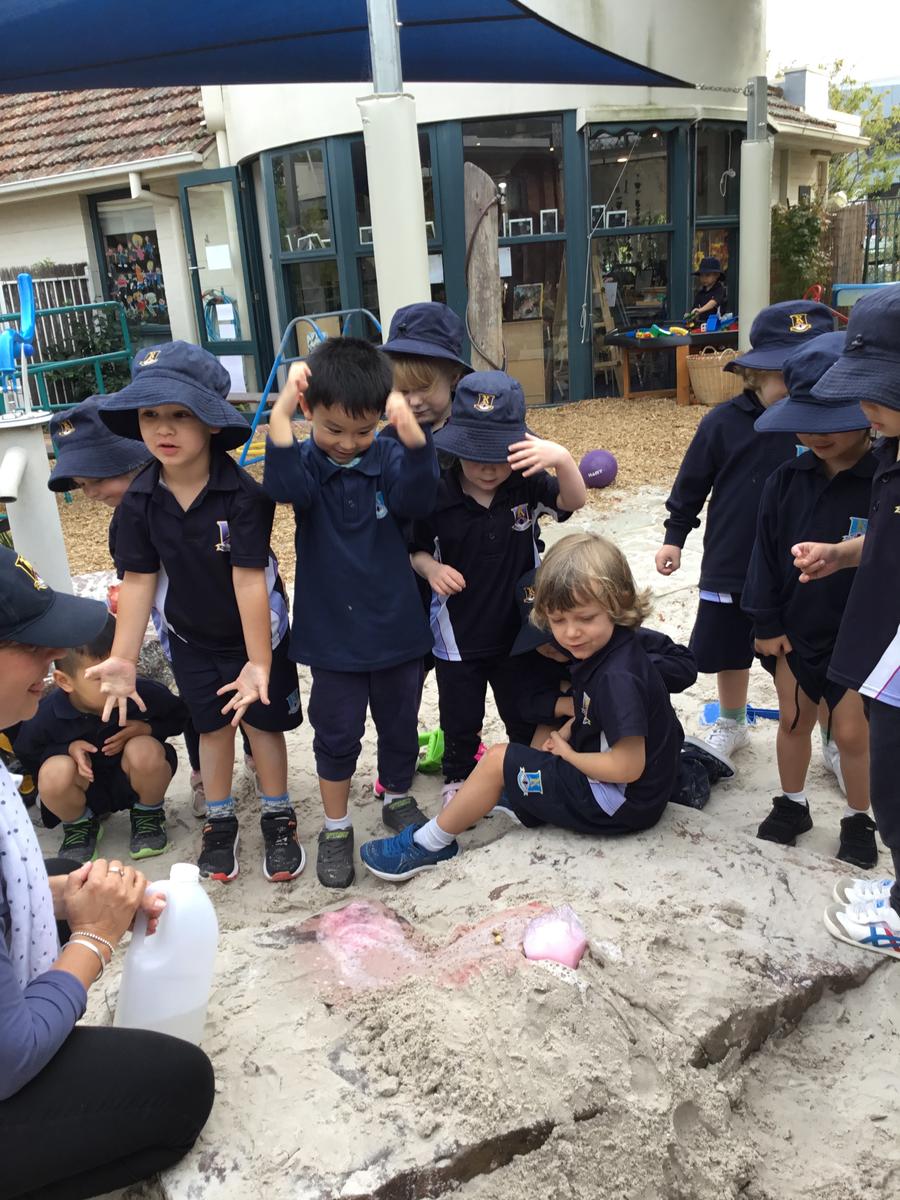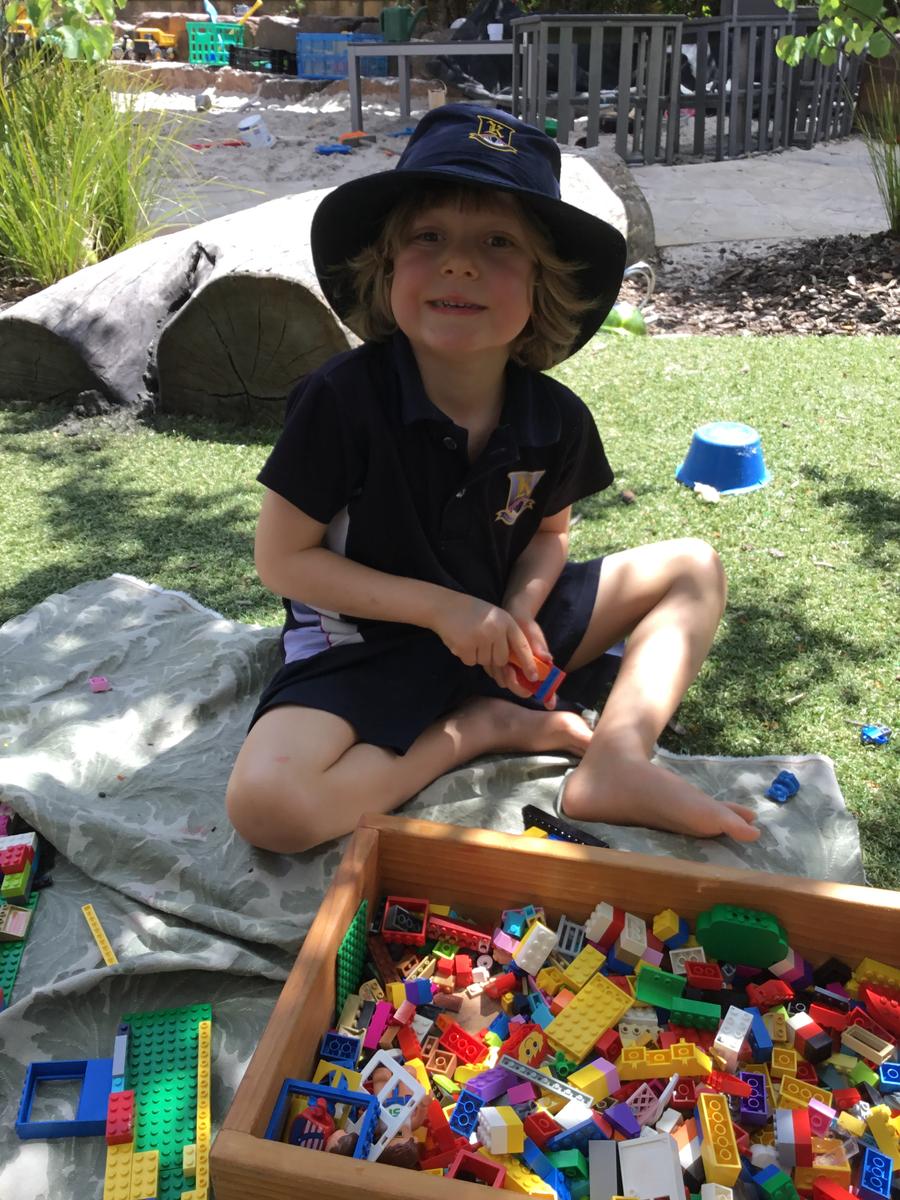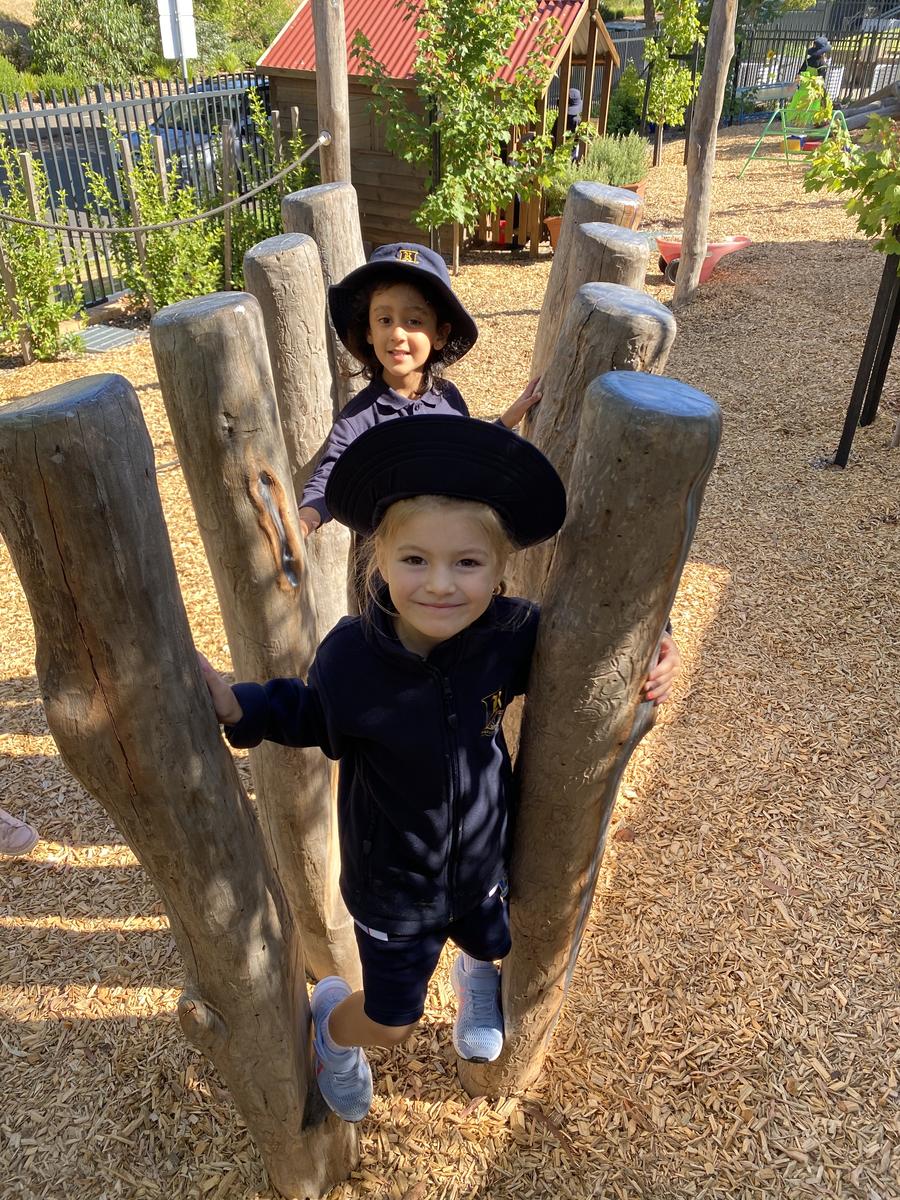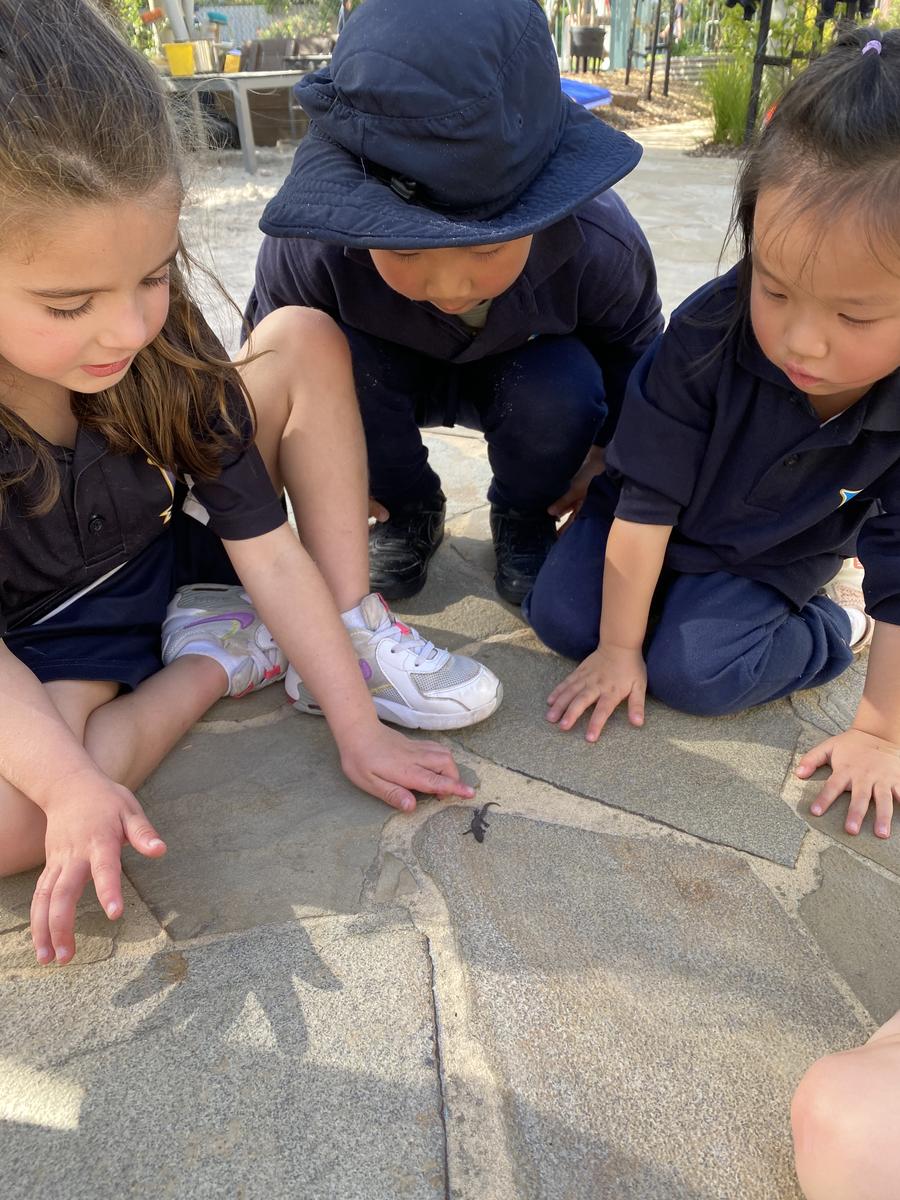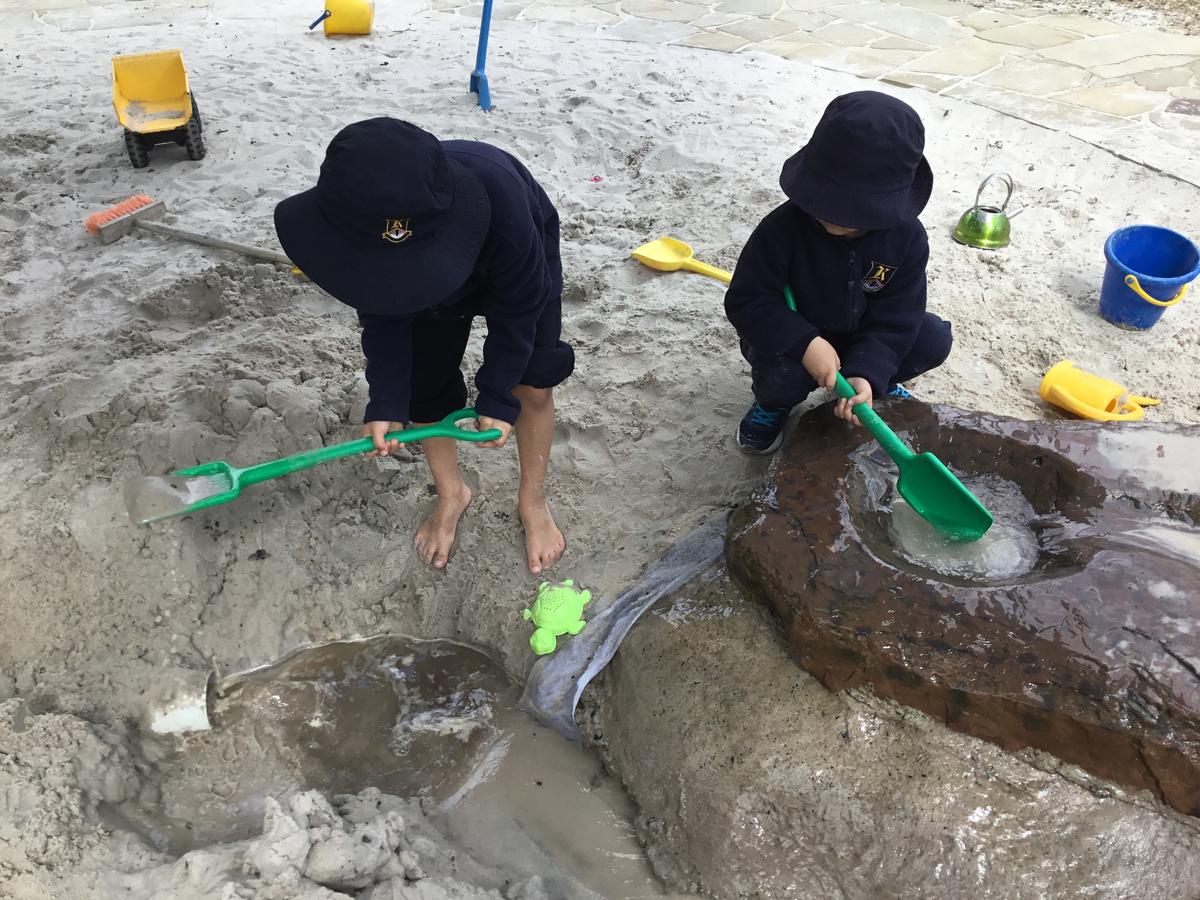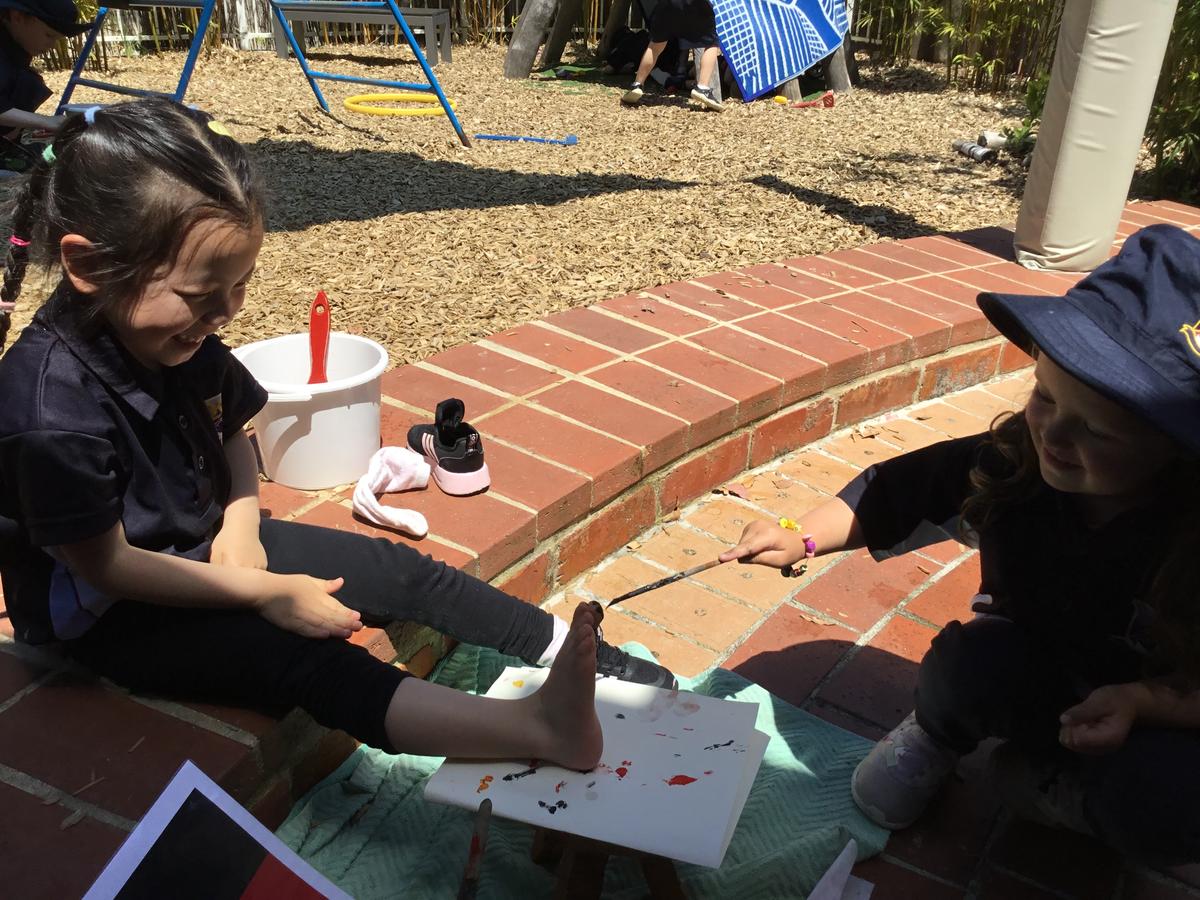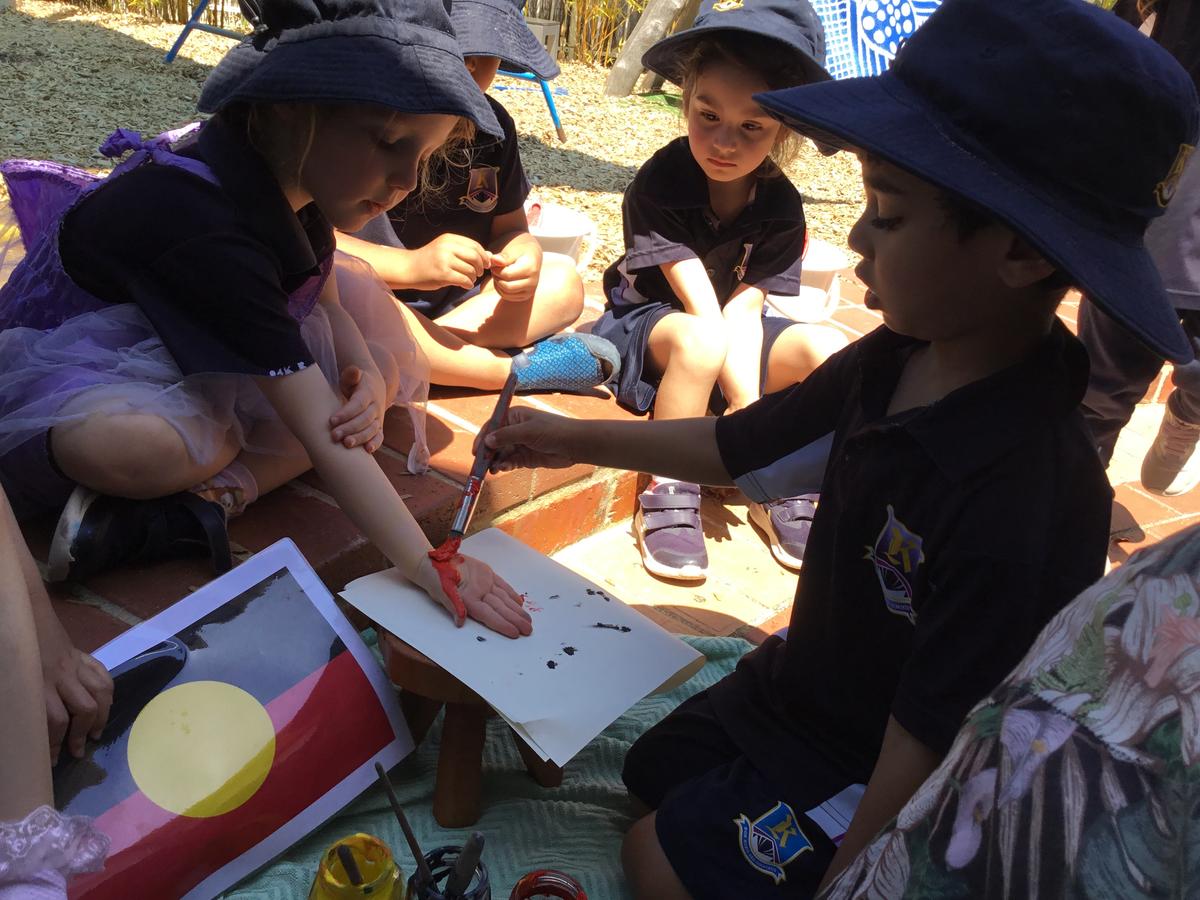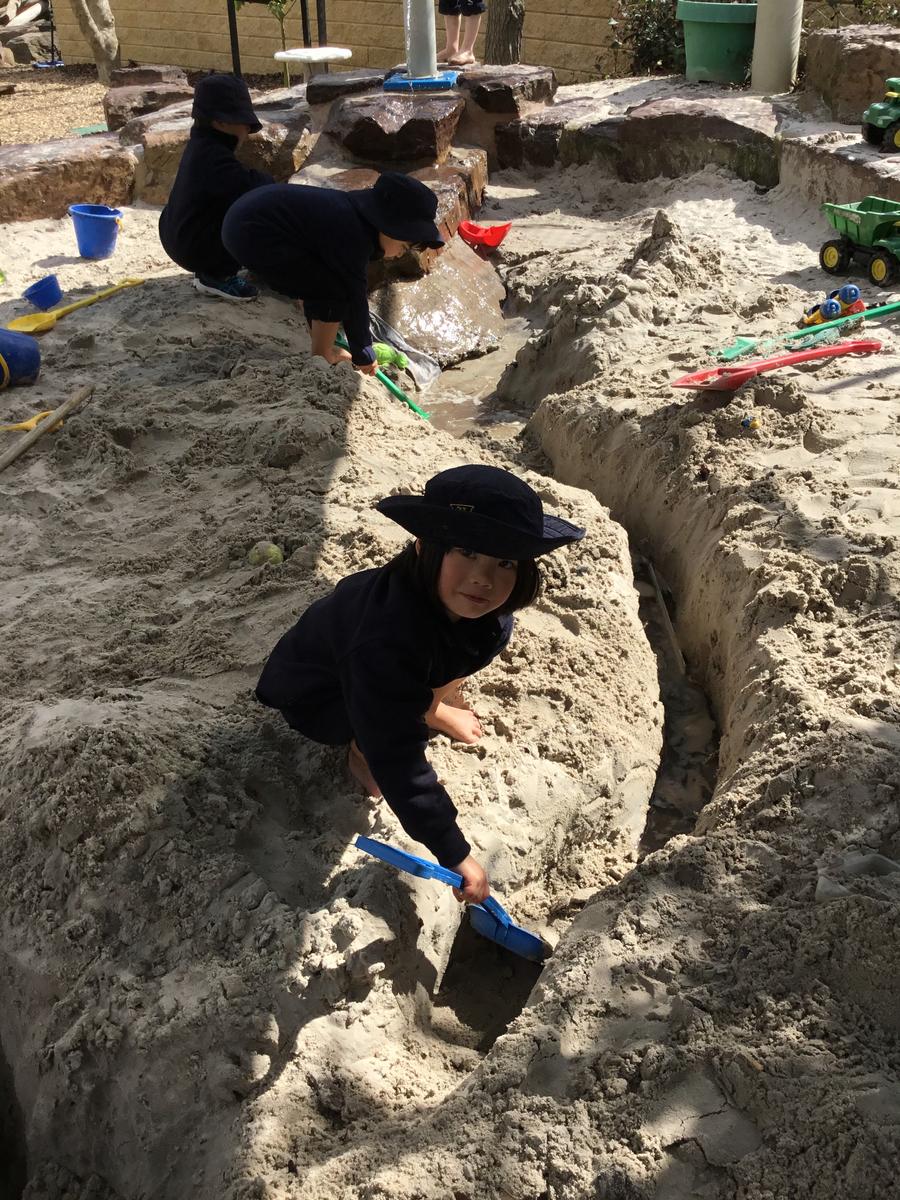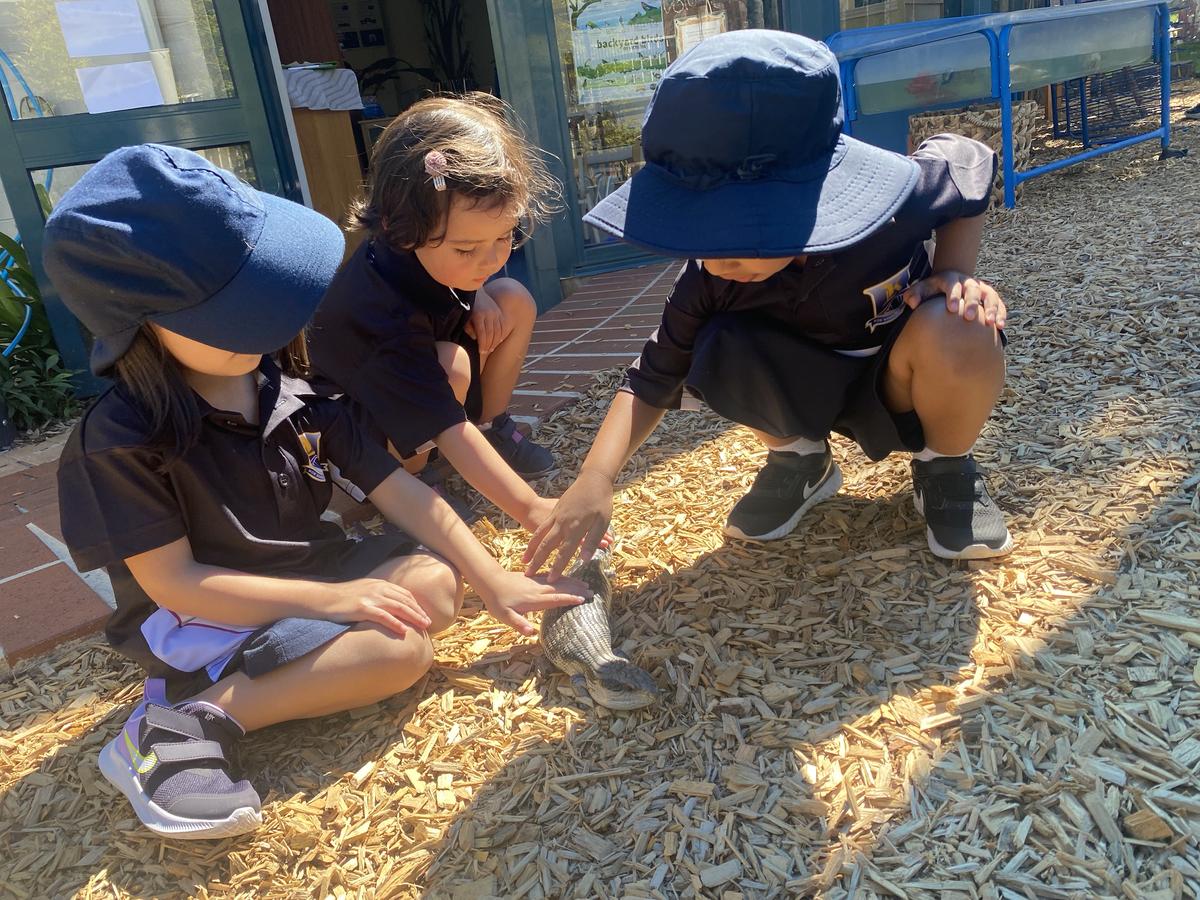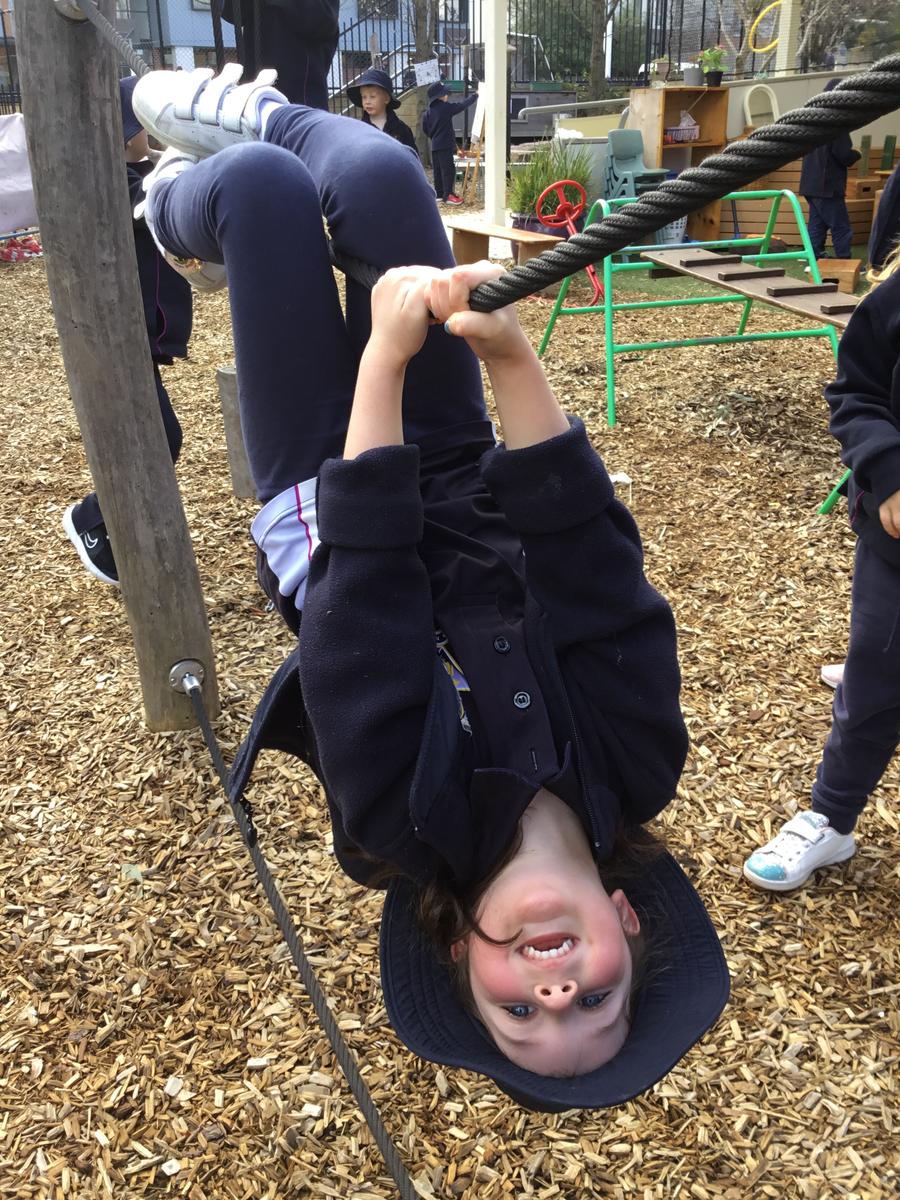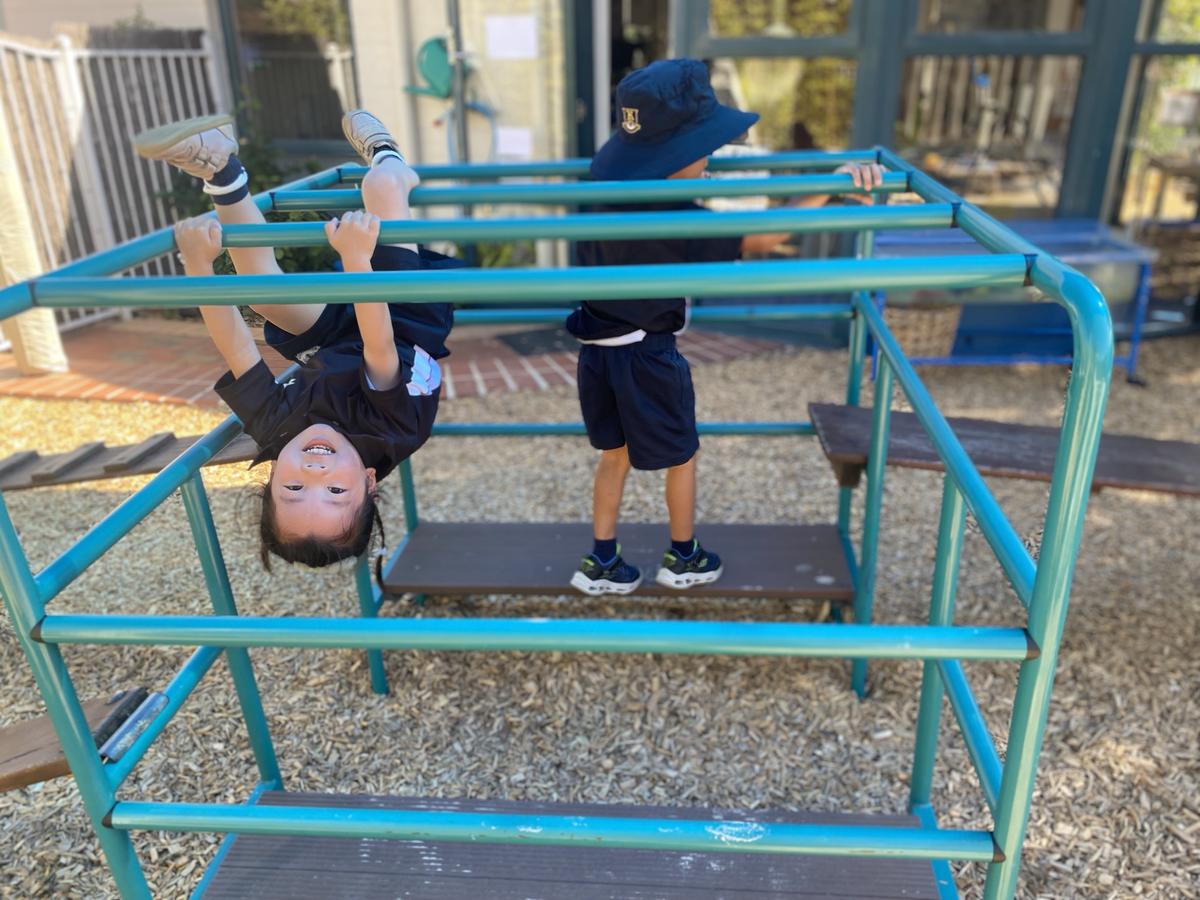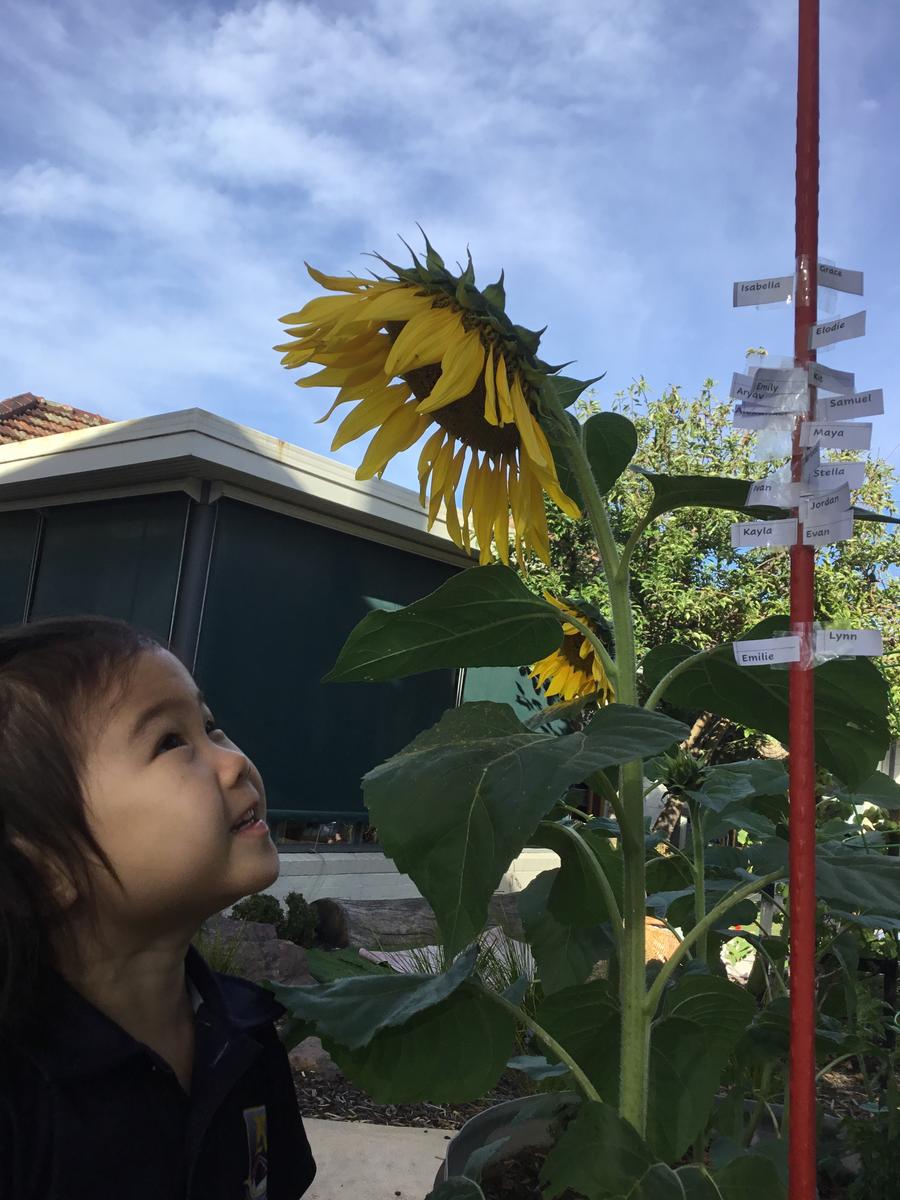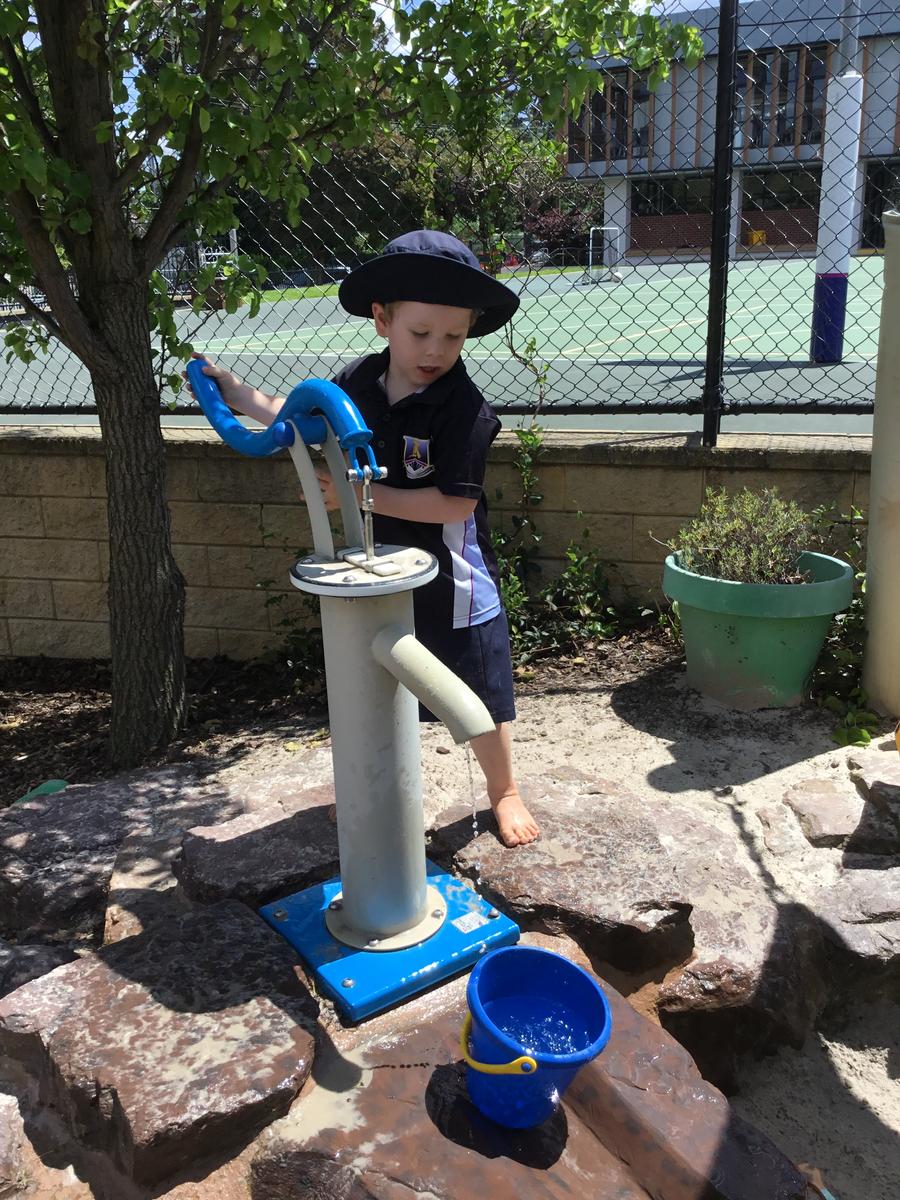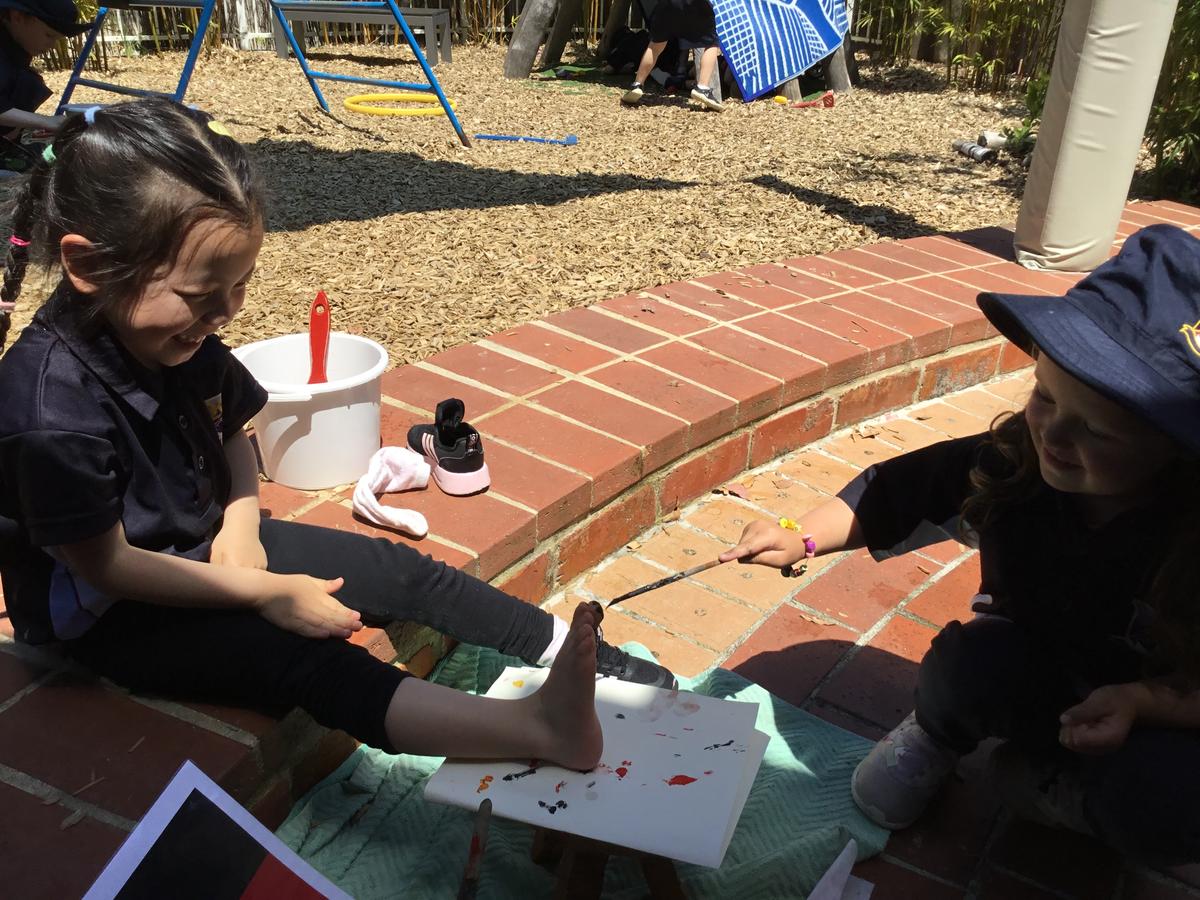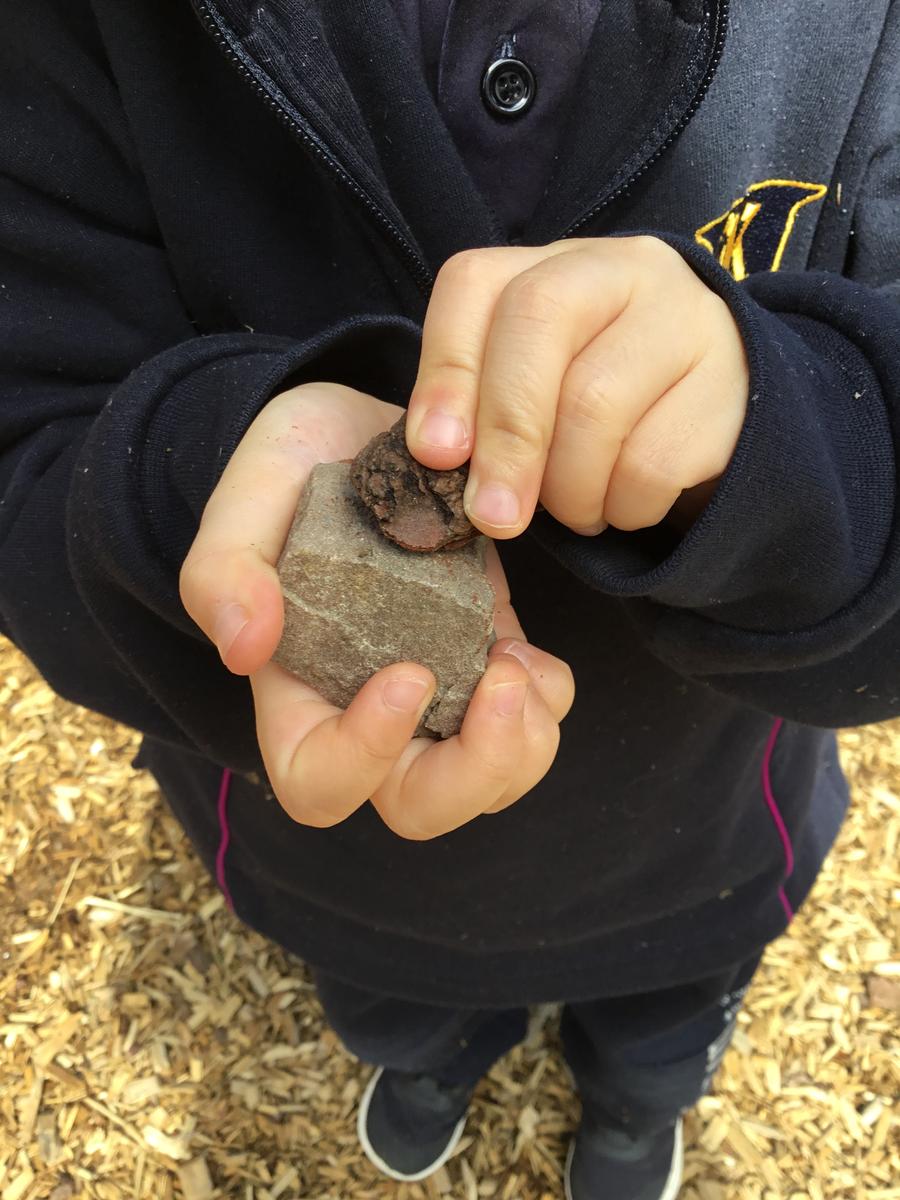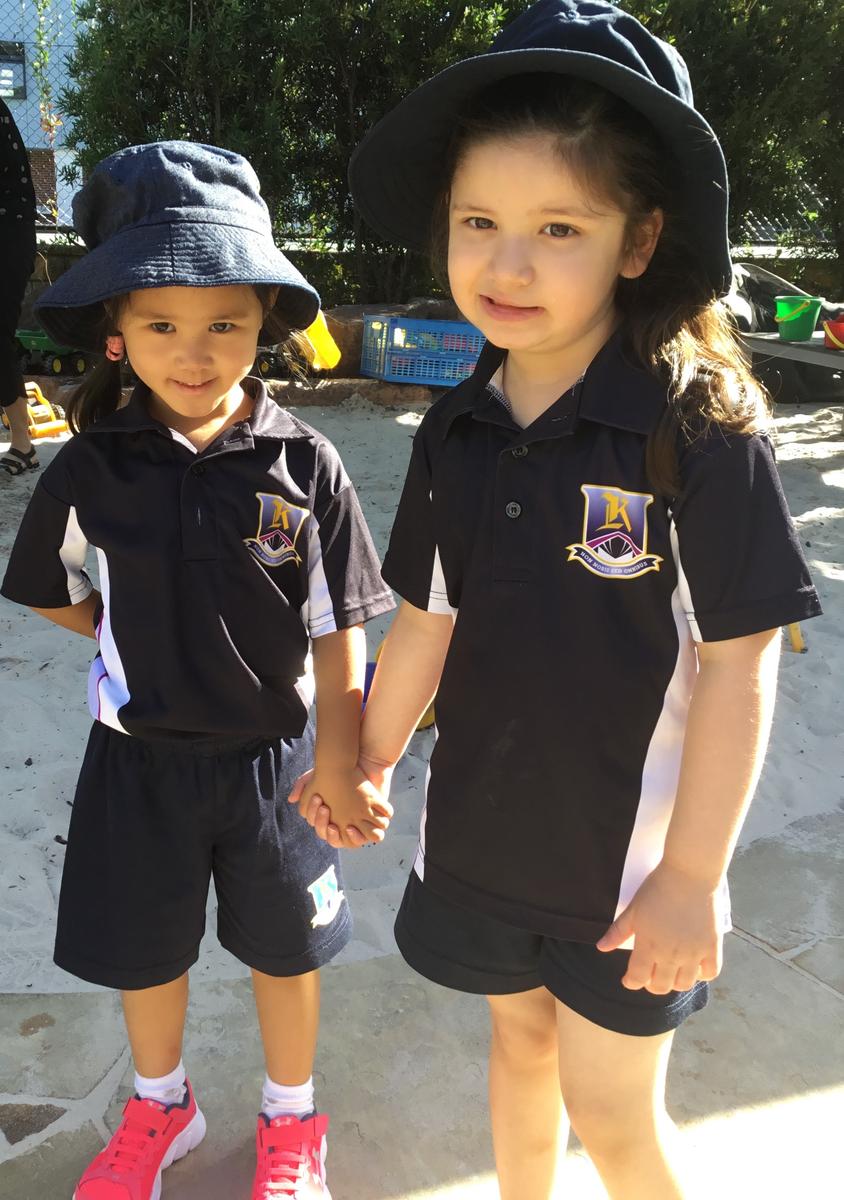ELC News
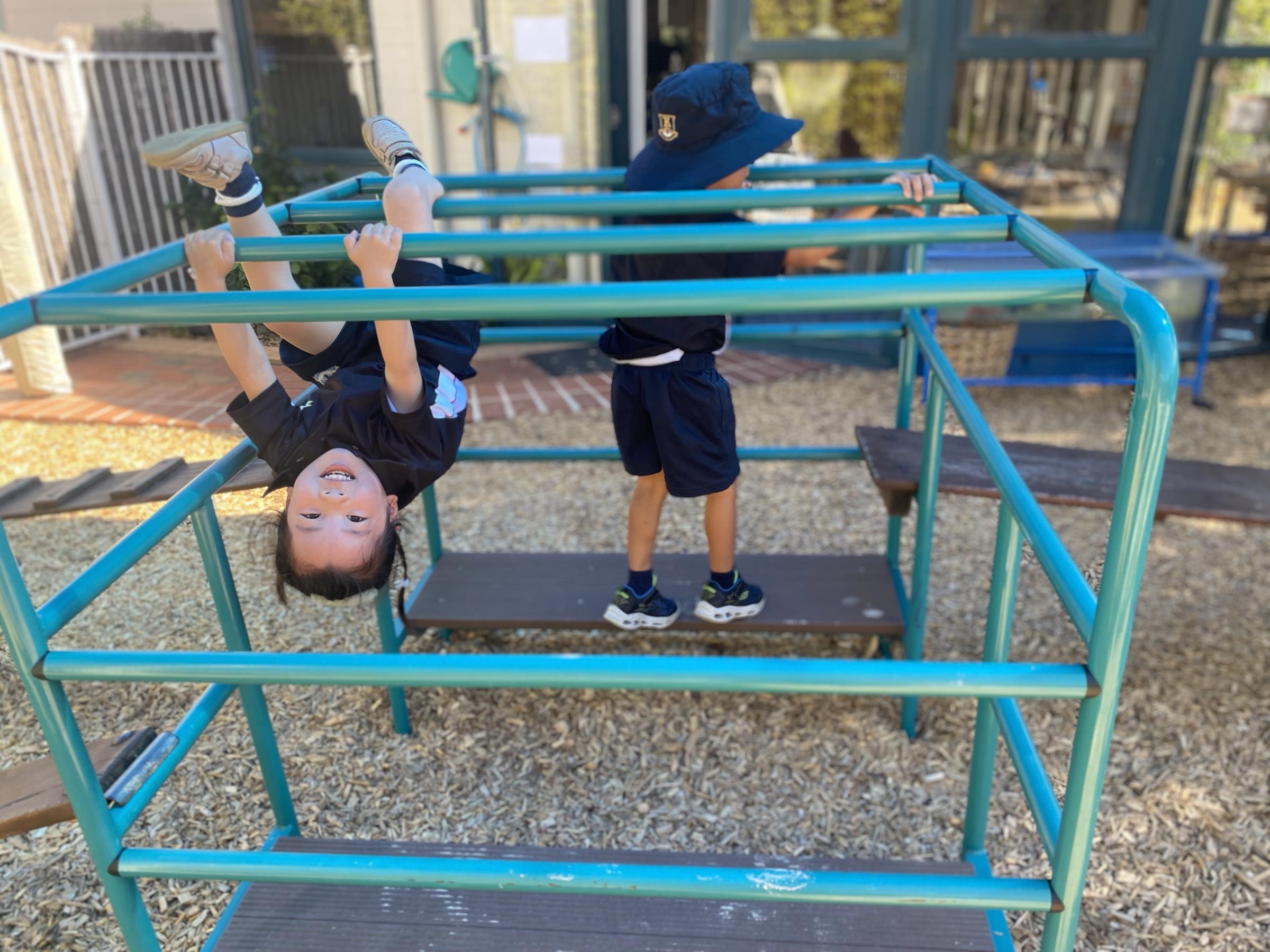
Exploring the great outdoors in an Early Childhood Program
Lyn Pewtress, ELC Director
Recently, we have been so fortunate to have warm weather. However, regardless of the temperature and level of sunshine, outdoor play stays an important component of our early childhood program. Short of heavy rain, we encourage the children to explore the great outdoors for its many benefits and learning opportunities.
This brings to mind the question: ‘Why is outdoor play beneficial within an early childhood program, and what should a good playground look like?’
PHYSICAL EXERCISE AND HEALTH
Children need to refine large and small motor skills, coordination and cardiovascular endurance which can be developed in outdoor play.
In addition, playing outdoors enables children to enjoy the natural environment and seek out their exercise in fresh air.
There is something fundamentally healthy about being outside; this type of play cultivates in children a disposition for the outdoors, physical activity and care of the environment.
LEARNING ABOUT THE WORLD
Outdoor play enables young children to learn about the world. For example, ‘How do plants grow?' ‘How does mud feel?' Learning can occur in a number of ways, but learning outdoors engages children in hands-on sensory experiences.
Children are able to explore, experiment, manipulate, change, marvel, discover, practise and create. Some of our favourite childhood memories are outdoor activities.
In the outside playground, children can enhance their vocabulary and knowledge of math, construction, science, gardening and the seasons. In the great outdoors, children not only learn fundamental knowledge about how the world works, but they are more likely to remember what they've learnt because it was concrete and meaningful.
LEARNING ABOUT SELF AND THE ENVIRONMENT
To learn about their own physical and emotional capabilities, children must take risks and experiment with the physical world, 'Can I slide on the sand?' 'What happens when I throw wood into water?'
An essential task of development is appreciating how we fit into the natural order of things such as animals, plants and the weather. We can discover this relationship with the world only by experiencing it as we interact with the natural environment.
SOCIAL PLAY
Children need lots of opportunities outside to develop basic social skills. Physical, constructive and sociodramatic play also involve social play, especially if the equipment encourages the engagement of more than one child. Projects such as gardening, observing the weather and having a picnic are made into social experiences.
DRAMATIC PLAY
Dramatic play requires children to impose details, information and meaning into their play. Therefore, a good playground like ours should include cubbyhouses, forts and other buildings that children can use to expand their imagination. These structures encourage rich sociodramatic play.
ALLOWING CHILDREN TO BE CHILDREN
Today’s children live a more contained and controlled life with schedules, extra curriculum activities and high expectations. Uninterrupted outdoor environments fulfil children’s basic needs for freedom, adventure, experimentation, risk-taking and just being children.
Outdoor play gives the opportunity to wonder at nature; to explore the unknown, the unpredictable and the adventurous.
Young children require opportunities to explore, move and engage in nature. As outdoor play is part of a child’s learning, it is important to find a variety of ways to provide quality outdoor play experiences.

